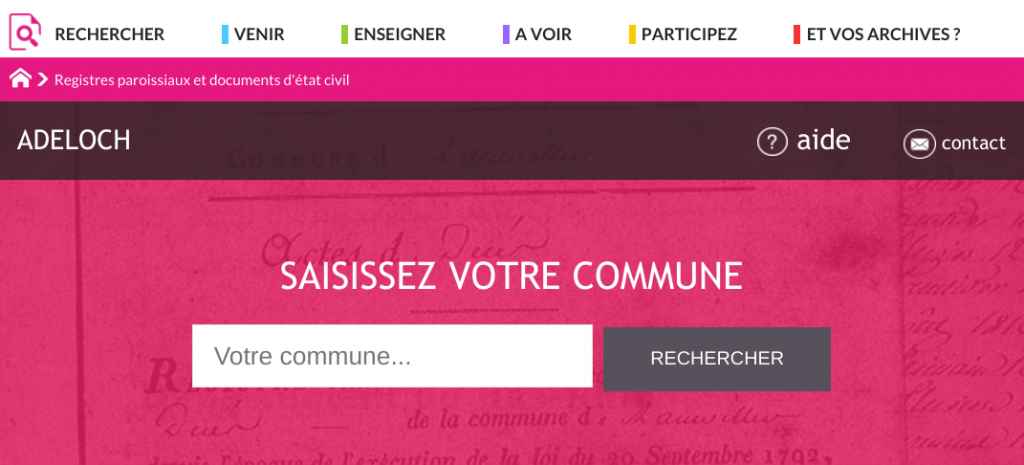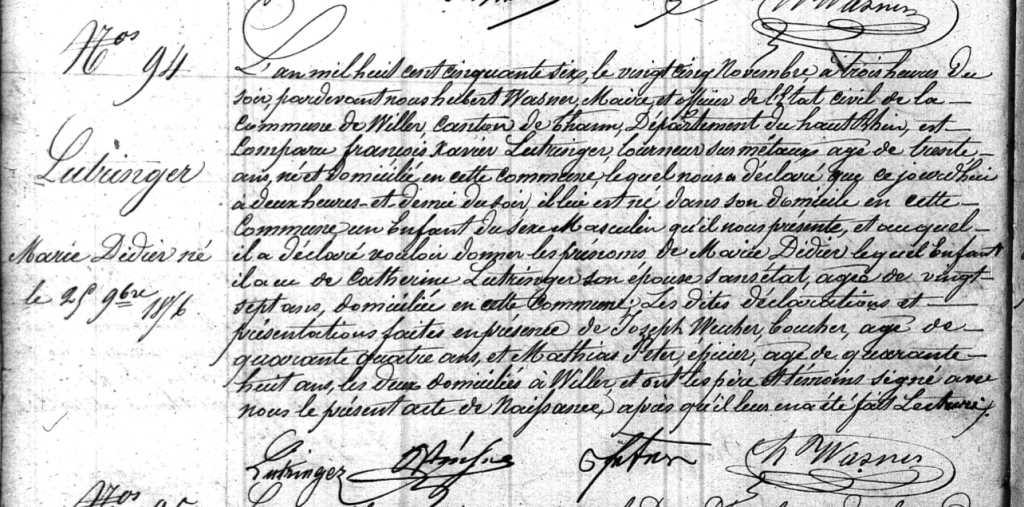The 19th century pattern was for Czechs who emigrated to the United States from the old country to do so in patterns of chain migration. They came together, lived together, worked together, migrated together, married together, and stayed together even through terrible marriages. They had many children together, they died together, and they are buried together.
This was the established pattern and it was not until my grandfather’s generation, the generation who lived through World War II and the subsequent mobilization of society, that Texas Czechs (and Iowa Czechs, and Nebraska Czechs) started to marry non-Czechs.
I personally think that a large influencing factor to this was the Czech language itself. My grandpa could speak a little Czech. He understood it. He did not know how to write it. He was what is called a heritage speaker. He married a totally non-Czech woman. My grandma’s ancestors are mostly from Tennessee, Kentucky, and South Carolina. It is through them that I trace most of my Mayflower ancestors (I have 17 and my husband has none, but who is counting).
Anyway, I’ve been on a real “village of origin” kick recently. It is probably the most fun genealogy problem there is, in my opinion.

So I wanted to find Lena Lutringer’s village of origin – or rather, her parents’. I started with Desiderius Lutringer, her father. A better genealogy name has seldom e’er been found, in my opinion.
Actually, the first thing I did was google the name “Desiderius.” I wanted to know what kind of name that was – it sounds so Latin! I quickly found that there was a famous guy named Desiderius Erasmus. I read all about him in this super most excellent article in an online Catholic encyclopedia. The TLDR version: he was a leader and scholar contemporary to Martin Luther, but unlike Luther did not push his radical ideas because well, he rather liked his lush life and was a bit of a pansy. Basically, neither Counter-Reformation nor the Reformation people really claim him – he was eyebrow-lifty for either side. But just eyebrow-lifty, not burn-at-the-stakey.
Also, the French name for Desiderius is “Didier.”
I found Desiderius Lutringer’s naturalization record. His village of origin looks like “Wisler, Alsace, Germany.”

I tried to look for “Wisler” on google, but got nothing that interesting. Or, rather, it was interesting, but not in the right way.

I tried using the FamilySearch Catalog to pinpoint this place in Alsace, since Alsace itself is just way too big. I knew from my French I class that Alsace was that area on the Rhin which traded hands between Germany and France a dozen times over the past few centuries. It would be like looking for a person in “Bohemia” if I didn’t narrow it down to a village level.

I then thought that if this were a German place, it might be a mispelling of Wiessler, Wiesler, Weissler, Weisler, or something like that.

Hey, notice that Lothringen is the German word for “Lorraine.” Notice also that Desiderius’s last name was “Lutringer.” I don’t really think that’s coincidental.
From here, my thinking went like this. “I bet that the Alsace-Lorraine parish records are digitized and online. I bet I could check the Weislingen records for Desiderius’s birthdate.” So I did. I figured out that Weislingen was in the Bas-Rhin, and their parish records are on this website.

Long story short: I didn’t find it.
So I sighed in frustration, and thought to myself that this was just a dead end. It was always going to have been a miracle, to have guessed the misspelling on the first go. I needed more clues…
A few weeks passed.
Desiderius Lutringer happened to live in Colorado County, Texas. One day I noticed that there was some other guy named Jacob Lutringer who also lived in that place. The surname seemed uncommon, and since I was not that close to finding out where Desiderius was from, I thought that maybe it wouldn’t hurt to look at this other guy a little closer.
I searched for him on FamilySearch Family Tree and got really excited by the second result.

I was really excited to find this.
This time I went to the Haut-Rhin records, which are on this website.

The first thing I searched was the recensement de 1866, the 1866 census. And here’s the part where you should all bask in my glory (or laugh at my stupidity) – I was doing all of this on a phone in the middle of the night as a way to distract myself from the horrible nightmares I had been having. I was pretty patient to deal with these images on such a tiny screen.
The first thing I noticed about these records was that there were quite a lot of people with the surname “Burger.” This was exciting to me because I already knew that both Jacob Lutringer and Desiderius Lutringer married women with the surname Burger. Could they all have been from the same village of origin? That, after all, is the typical pattern for my Czechs!

I was really excited about this find, but still holding my breath. The real test would be to see if his birth date matched the one I already had. I wasn’t expecting it to match perfectly, but if it was in the ballpark range, I would be pretty excited about this being my guy. I also noted that on this census record, his mother Catherine’s maiden name and married name were both Lutringer. And let’s all give a huge shout out to the genius who thought it necessary/useful to write the maiden name on the census! That guy is great!
I also noticed that in many places on the top of the page, the place name Willer-sur-Thur really did look like “Wisler”, or more probably, “Weiler.”

I then proceeded to fall back asleep and dream intense dreams about Desiderius Lutringer. All the dreams centered around the same idea: find this guy! Find this guy! Find this guy! I woke up and, still on my phone, searched the naissances records for him over a bowl of breakfast cereal.

After a quick little search, I found exactly what I was looking for!

Here’s a translation:
Number 94
Lutringer
Marie Didier born the 25 November 1856
In the year eighteen hundred fifty six on the twenty fifth of November, at three o’clock in the evening, in the presence of us Hubert Wasner, the mayor and State official of the municipality of Willer, in the Canton of Charm[?], in the Département of Haut Rhin, appeared Francis Xavier Lutringer, courneur de métaux [this is his occupation, but I am not sure exactly what it is. Seems to be something having to do with finding metal?], age thirty, and residing in this municipality, which declares to us that today at half past two in the evening was born to him in his house in this municipality a child of masculine sex which he presents to us and to whom he declares to wish to give the name of Marie Didier which child he had from Catherine Lutringer his wife, without an occupation, age of twenty seven years, living in this municipality. The proclaimed declarations and presentations were done in the presence of Joseph Wei[?]cher, Coucher [is that a bed maker?], of the age of forty four, and Mathias Peter, spice-maker, age forty eight, both residing in Willer, and the both of which signed their witness the present act of birth with us, after having read it.
[signed]
Lutringer
Weche[?]
Peter
H Wasner
So so soooo many questions… So half an hour after the baby was born, the father runs down to the office to declare that his child has been born?
Everybody else on the page waited until the next day or until at least 2 hours later. Was Catherine a bit antsy to be rid of her husband? “I’m going to nurse this baby – just – you – leave us alone for a bit…” Did they live really nearby the office? Was François Xavier overly excited? Or was this just totally normal?
This is definitely the right guy, though. Same birthday!
By 1866, François Xavier seems to have already died. Didier and Marie were the only children left with his wife. If they followed the pattern, most likely there were other children born to this family.
If Marie Didier was the first one to be born, maybe François was just overly excited to get it recorded? Or maybe he just didn’t know what to do next – maybe new fatherhood was really overwhelming? The thought makes me grin on this lovely mother’s day morning.
And now to find their marriage record and connect it to the tree!

“courneur de métaux” is tourneur, lathe operator.
“coucher” is boucher, butcher.